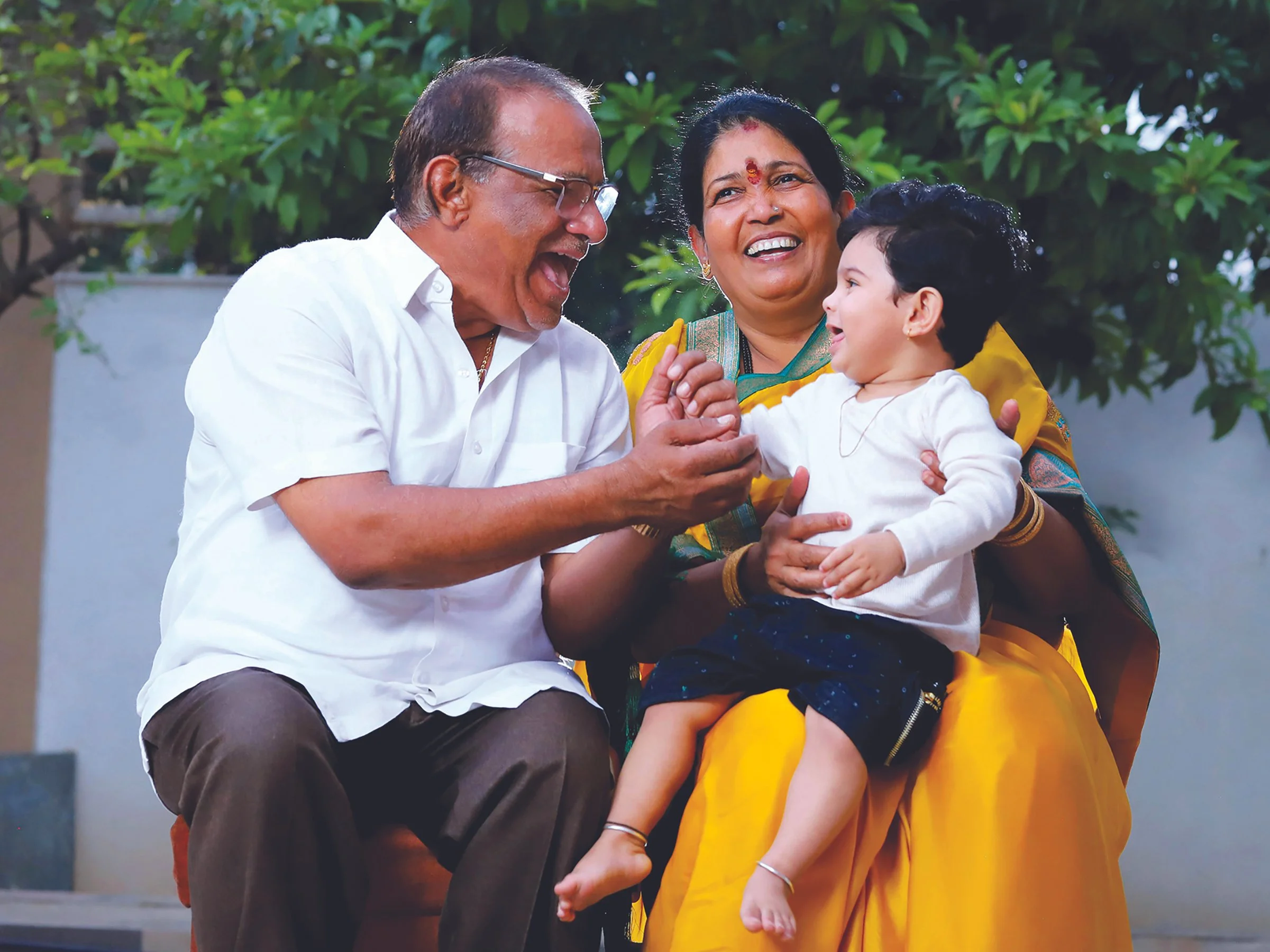MY TAKE
SHADES OF BAGHBAAN?
Image credit: SAGAR AHIRE on Pexels.
By SHAGORIKA EASWAR
A question in an advice column on family law by Lisa Gelman in the Toronto Star brought to mind the Hindi movie Baghbaan.
For those who may have missed it or forgotten, or are just too young to be aware of it, here’s a synopsis courtesy Google:
“Raj (Amitabh Bachchan), a banker, has done his best to raise his four sons in the hope that when he and their mother, Pooja (Hema Malini), retire, they will take good care of them. However, things do not work out that way.”
Read further and you will see that the idea for Baghbaan came to director and producer BR Chopra in Copenhagen during a tour across Europe in the 1960s when he stayed at a hotel next to a retirement home. He met elderly people who talked about feeling abandoned by their children and grandchildren.
Baghbaan means gardener and the premise was that a parent nurtures children like a gardener nurtures plants. But in the case of these parents, the plants do not yield a rich harvest. At the time of its release (2003), I had dismissed it as an over-the-top tearjerker. But as I grow older and look around, I see signs of if not outright abuse, then neglect for sure, among people we know and know of from others.
Parents who were invited to Canada by their adult children, ostensibly so they could spend time with their grandchildren in their golden years. Who sold their properties in the home country to move to Canada only to find that they were glorified babysitters. That when the children outgrew the need, they also outgrew their welcome.
Such stories are, sadly, only too common.
Senior citizens who came here too late to learn how to survive on their own in Canada and who have no resources back home to return to.
But also those who came here at a relatively young age, made a success of their lives and raised a family. They supported their children through post-secondary education, and paid for expensive extracurricular activities to help them gain comfort in their peer circles. Some helped with down payments for a home. They should be relatively okay in their latter years, right? After all, they have no problems navigating the system and are likely financially comfortable.
As the question in the column on family law highlighted, there are seniors in difficult situations among those who have been here for ages, too. The piece didn’t specify the ethnicity of the individual, but it could apply to any one of us.
The person had “provided stable home environment, helped them with expenses including college and financial assistance getting on their feet so they could afford a home afterward” but now, in retirement and on a limited income, received no help from them.
I was astonished to learn from the column that filial responsibility, that is, responsibility to one’s elders, is in fact enshrined in Ontario’s Family Law Act. Section 32 of the Act reads:
“Every child who is not a minor has an obligation to provide support, in accordance with need, for his or her parent who has cared for or provided support for the child, to the extent that the child is capable of doing so.”
Though it’s useful to know there’s legal recourse, can you imagine anything sadder? Going to court to seek redress? How grudgingly would it be given, how irreparable the damage to the family unit? One can decree and one can ensure the law is applied, but how does one deliver love, respect and caring?
Reasons to Be Cheerful had a section on health a while back. In Wellness as a Wheel: A Comic About Whole Person Health, Jess Rliffson and Ernesto Barbiery explored the factors that impact health.
“As we age, social connection becomes more important. Friends pass, grown children move away. To stay healthy, we need to find ways to maintain our bonds with others.”
And in The Inside Man starring Ted Danson, a character remarks that “for the majority of seniors, the biggest threat to their well-being isn’t an accident or health, it’s loneliness”.
There exist enough and more memoirs about abusive parents. Not enough is written about the dereliction of duty towards their parents by adult offspring. Neither is worse than the other, both are equally heartbreaking.

